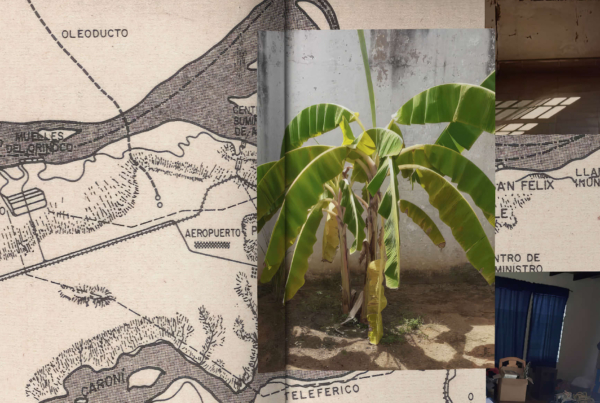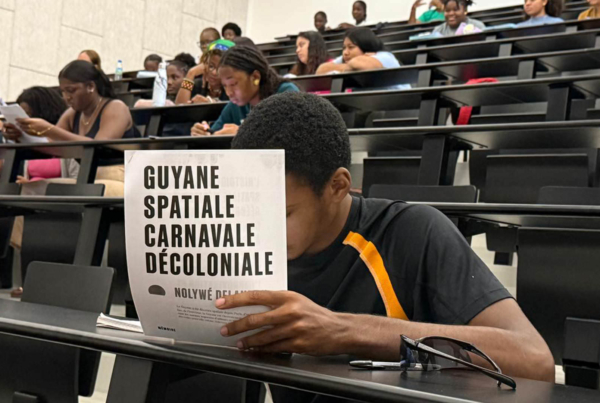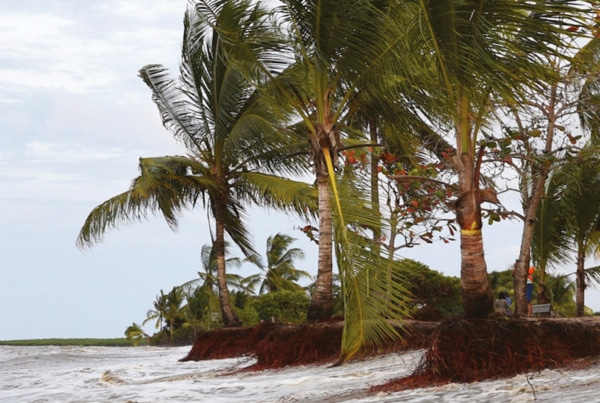
As part of the Thursday lectures organised by the MINEA laboratory and the University of Guyana's Culture Commission, Agnès CLERC-RENAUD will be giving a lecture entitled "Parrainages et compérages de la Saint-Jean au Brésil : une approche socio-historique". It will take place on Thursday 17 February 2022 at 6pm in Amphithéâtre A. Masks must be worn.
A n Brazil, as in other South American countries, the baptismal ritual kinship complex (godparenthood and companionship) is of great importance. The relationships forged between generations, between godparents and godchildren, or within the same generation, between brothers and/or sisters, play a key role in the interconnection and integration of social groups with distinct, and sometimes opposing, social and economic interests.
Based on ethnographic surveys and texts by historians, anthropologists and folklorists, this conference takes stock of the Brazilian practices of 'Midsummer sponsorships and competitions', particularly in the Nordeste region. These take place during the night of 23 to 24 June, when festive practices and local rituals establish kinship relationships based on matrimony and/or baptism. Placed under the aegis of Saint John, Christ's godfather, these relationships make it possible to examine the forms, functions and social and political issues at stake in these manifestations of so-called 'popular' Catholicism.
Some information about the speaker
Agnès CLERC-RENAUD, an anthropologist, has been a member of the Ecology, Evolution and Interactions of Amazonian Systems Laboratory (LEEISA, USR 3456 CNRS-UG-Ifremer) since 2020 and is a professor at the University of Guyana, where she coordinates the Master's degree in Civilisations, Cultures and Societies: Societies and Interculturality. She defended her HDR, entitled Des pratiques langagières aux catholicismes locaux et retours: pérégrinations comparatives depuis le Nordeste brésilien at the Université Sorbonne Paris-Cité in 2019. Based on long-term ethnographic surveys of peasants and fishermen in the Brazilian Nordeste (Bahia, Ceará), her research focuses on the practices and representations of local Catholicisms. She is also interested in language practices and environmental anthropology, and more generally in situations of intercultural contact as promoters of social change. She is currently working on a book entitled "À la vie à la mort": formes cérémonielles et parentés rituelles au Brésil, to be published in the 2nd half of 2022.




